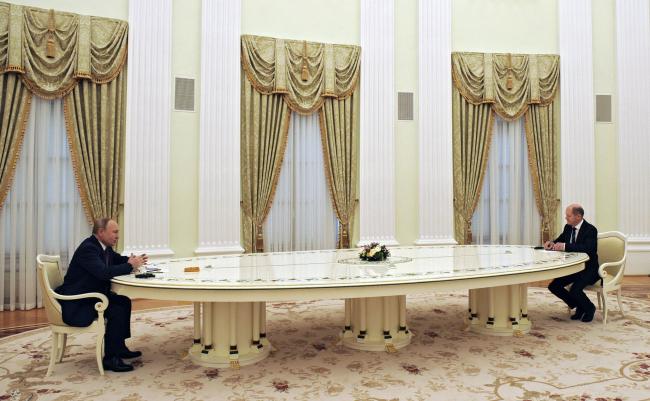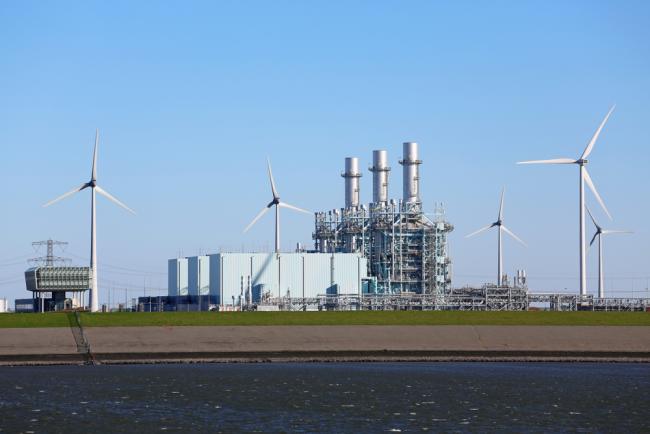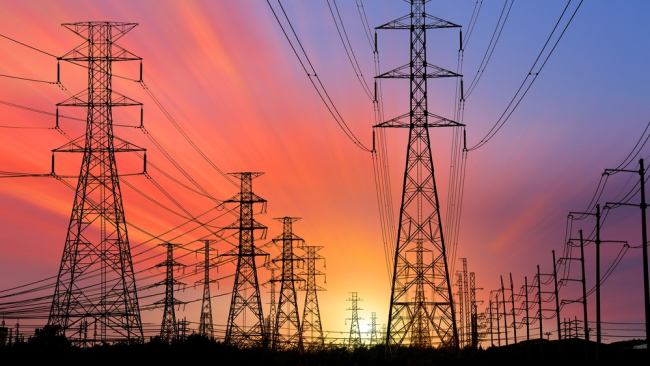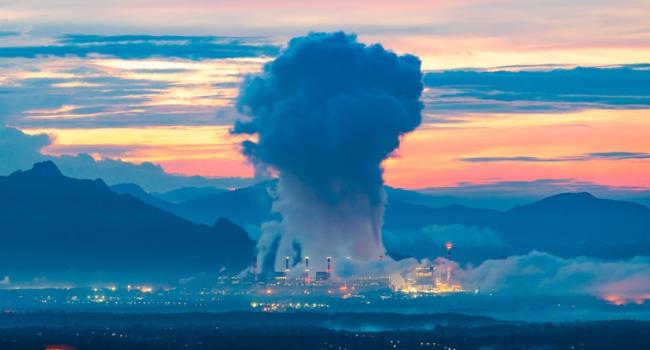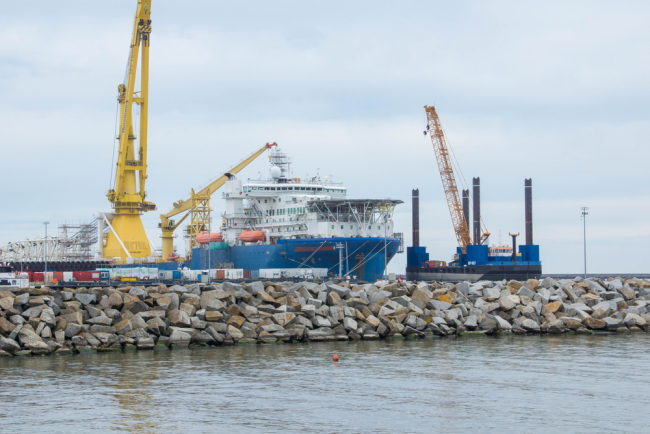The Shock of Reality: The Traffic Light Coalition in the Russian-Ukrainian Crisis
The Russian-Ukrainian crisis puts to the test the cohesion of the new traffic light coalition, the authority of Chancellor Scholz and the ambition to adapt the post-Merkel German foreign policy.
The Energy Price Crises: A Reality Check for Europe’s Green Deal
On its path to carbon neutrality, the European Union (EU) will be exposed to growing energy price volatility and vulnerable to Russian and Chinese pressure on supply and demand.
Mexico’s Energy Policies During the Presidency of Andrés Manuel López Obrador: Sovereignty and Security
In power for three years, President López Obrador leads a National Revolution. The energy sector sees the strengthening of the State and state-owned companies, the Federal Electricity Company and Petróleos Mexicanos, against the liberalization principles implemented in the Energy Reform (2013-2014).
India’s Energy and Climate Policies Post COVID-19: Short Term Slowdown, Longer Term Boom in Renewables
India has long been a positive and committed partner in global and domestic climate change mitigation efforts.
Is the TEN-E Regulation Fit for a Decarbonized Future? A Battle to Shape the European Energy Transition
The European Union’s energy infrastructure policy has become obsolete with the adoption of both the Green Deal and the 2050 climate neutrality target. The ongoing review of the regulation on Trans-European Energy Networks (TEN-E) should lead to an-depth discussion on Europe’s energy transition strategy.
Addressing the Climate Emergency: Closing 1,000 Gigawatts of Coal Plants by 2035
In order to have any chance of limiting global warming to well below +2°C, there is no choice but to tackle coal-fired power plants head-on, around the world.
A Review of Recent Trends in China’s Gas Sector and a Glimpse into the 14th Five-Year Plan
China’s economy has rebounded since April 2020 and China is one of the few countries in the world that is expected to avoid a recession in 2020. With low imported gas prices, progress with the gas market liberalization and success in pushing up shale gas production, the window of a golden age for gas has opened up again in China.
Turkey’s New Gas Discovery in the Black Sea and Its Potential Implications
Turkish President Recep Tayyip Erdogan announced Turkey’s biggest gas discovery ever on August 21, 2020. Initial findings show that the estimated reserve capacity is 320 billion cubic meters (bcm) of gas.
Navalny Poisoning Raises Pressure on Merkel to Cancel Russian Pipeline
Evidence that the Russian opposition leader was attacked with a military-grade nerve agent has placed new pressures on the German chancellor.
Mozambique: Security, Political and Geopolitical Challenges of the Gas Boom
The vast gas discoveries in Mozambique, some 160 trillion cubic feet (4,530 billion cubic meters), will make this very poor country (6th lowest gross national income (GNI) per capita – the lowest in Africa) one of the world’s future major producers of liquefied natural gas (LNG) within two decades.
Middle East Oil and Gas Producers: Soon to Be Back in the Lead?
The World Energy Outlook 2013 published by the IEA confirms that despite the rise of unconventional fuels in particular in the US, Middle East will by the mid-2020s retake its place as the world major oil and gas supplier, providing most of the increase in global supplies. Well, there are some big ifs.
Ukraine: Is Europe Ready for Another Gas Cut?
The turmoil in Ukraine is now putting one question on everyone mouth: what if Russian gas transiting through Ukraine was cut once again? Today, Ukrainian gas pipelines still carry around 60% of the Russian gas intended for the European Union; i.e. around 16% of the EU final gas consumption.
The Impact of the Development of Shale Gas in the United States on Europa's Petrochemical Industries
The shale gas revolution has led to strong falls in energy prices, reducing significantly the raw material costs of the US petrochemical industry. Between 2008 and 2012, US gas prices fell by two thirds.
Dynamics and drivers of shale gas development in three European countries: can a European policy be imagined?
The European Commission introduced in its Work Programme 2013 an action regarding “Environmental climate and energy assessment framework to enable safe and secure unconventional hydrocarbon extraction”.
How is Russia Adapting to a Threatening New Energy World?
The US shale gas revolution has shaken global gas markets. The US is on the eve of becoming self-sufficient in natural gas (and oil), thanks to the massive discoveries of unconventional resources on their territory, while being able to export part of their production. These developments have been closely watched by traditional oil and gas producers.
The European Gas Market: A Reality Check
With the approach of the 2014 deadline for the completion of a truly European liberalized energy market, there is growing concern on the adequacy of the market structure with the changed economic and geopolitical environment. Market-based and short-term approaches have been fostered for both gas and electricity markets. Energy and climate policies have therefore a primary function in designing the basic rules for these markets to develop.
China's Growing Natural Gas Insecurity and the Potential of Chinese Shale Gas
China is poised for a dramatic increase in its demand for natural gas. As total energy demand has risen to record levels in the last five years, China has found itself in an increasingly difficult bind: the social and environmental burden from coal is becoming too heavy to bear and a growing dependence on foreign oil is becoming strategically more risky with the passage of time.
The Conundrum of the Southern Gas Corridor: What are the Risks for Europe and Azerbaijan? The viewpoint of an insider
For more than ten years, harsh negotiations among different oil majors and pipeline consortia have been taking place about the Southern Gas Corridor, all of them seeking to transit 10 bcm/year of natural gas that will be produced from the Shah Deniz giant gas field of Azerbaijan to the European Union. As of today, no Final Investment Decision (FID) has been reached neither for the preferred pipeline route to Europe, nor for the production of the second phase of Shah Deniz.
The U.S. Oil and Gas Boom
A funny thing happened in the last few years when no one was paying attention. J.R. Ewing, the legendary Texas oilman, and his wife Sue Ellen sold Southfork, their ranch near Dallas, and moved to a new home in Pennsylvania (Northfork?). JR immediately began buying subsurface mineral rights for acres of land above the Marcellus and Utica shale formations in the Appalachian Basin. Cliff Barnes, J.R.'s nemesis, sold all his Texas properties and moved to North Dakota, where he started leasing mineral rights to acreage above the Bakken shale play.
Powering Kuwait into the 21st Century: Alternatives for Power Generation
Kuwait is facing a surge in the consumption of power. The current power fuel mix, based on oil, appears unsustainable. Yet Kuwait has a large number of assets.
Support independent French research
Ifri, a foundation recognized as being of public utility, relies largely on private donors – companies and individuals – to guarantee its sustainability and intellectual independence. Through their funding, donors help maintain the Institute's position among the world's leading think tanks. By benefiting from an internationally recognized network and expertise, donors refine their understanding of geopolitical risk and its consequences on global politics and the economy. In 2024, Ifri will support more than 70 French and foreign companies and organizations.










